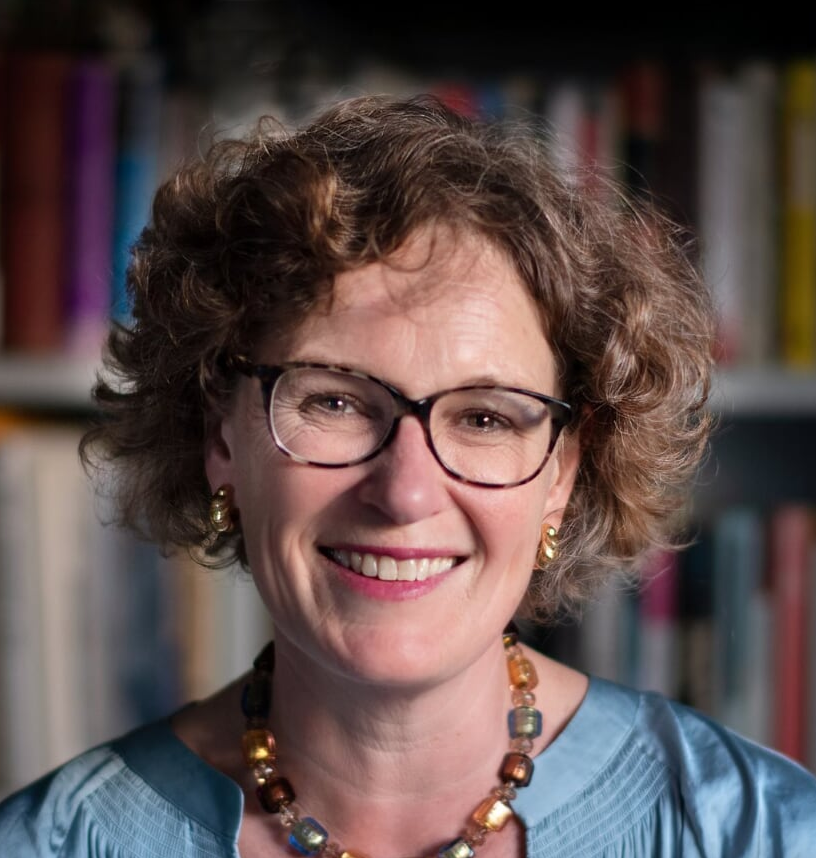 The unprecedented circumstances of COVID-19 have intensified the demands placed upon MPs to scrutinise the use of science in policymaking, making visible the parliamentary mechanisms that enable them to do so. Emmeline Ledgerwood examines the steps that led two such mechanisms to become embedded in the institution of Parliament: the House of Commons Select Committee on Science and Technology and the Parliamentary Office of Science and Technology. She highlights how individual members of the all-party Parliamentary and Scientific Committee have influenced institutional change.
The unprecedented circumstances of COVID-19 have intensified the demands placed upon MPs to scrutinise the use of science in policymaking, making visible the parliamentary mechanisms that enable them to do so. Emmeline Ledgerwood examines the steps that led two such mechanisms to become embedded in the institution of Parliament: the House of Commons Select Committee on Science and Technology and the Parliamentary Office of Science and Technology. She highlights how individual members of the all-party Parliamentary and Scientific Committee have influenced institutional change.
At times during the past few years, evidence sessions of the House of Commons Science and Technology Select Committee have become headlines. These include, for example, Dominic Cummings’s account of his time advising the Prime Minister during the COVID-19 pandemic, or controversial witness statements about diversity and inclusion in STEM careers. Sessions such as these have highlighted how the inquiry work undertaken by the Commons Science and Technology Select Committee (STC) is seen as integral to Parliament’s ability to scrutinise government science policy and hold policymakers to account. Similarly the pandemic has emphasised how the wide range of briefings published by the Parliamentary Office of Science and Technology and the Commons Library support MPs’ ability to understand current and future scientific issues.
Yet often during the twentieth century MPs voiced concern about the way institutional structures and services shaped their legislative and scrutiny roles regarding science. Before 1967, there was no dedicated select committee for science and technology, while a 1965 parliamentary report argued that ‘More information should be made available to Members of the way government departments carry out their responsibilities, so that, when taking part in major debates on controversial issues, they may be armed with the necessary background of knowledge.’ Particularly during the 1980s, MPs felt their ability to scrutinise significant changes in science policy was compromised when the dedicated Commons STC was removed, severely restricting the scope for inquiries into scientific issues.
My recent historical research follows the trajectory of institutional change during the past 60 years which has expanded MPs’ ability to scrutinise scientific issues as the Commons STC and the Parliamentary Office of Science and Technology have become embedded in the UK Parliament. As vital mechanisms which have underpinned MPs’ capacity to access scientific expertise during COVID-19, telling their history contributes to current efforts to understand how research evidence is used in policymaking. It also tells us something about how executive decisions and the efforts of individuals have played their part in influencing institutional change at Westminster.
Early twentieth-century efforts to bolster parliamentary interest and capability in the scrutiny of science policy were formalised with the establishment of a Parliamentary Science Committee in 1933 which evolved in 1939 into the all-party Parliamentary & Scientific Committee (P&SC). The P&SC has been active ever since in its work to foster relations and the exchange of expertise between members representing Parliament, academia, learned societies and industry through a programme of meetings and site visits.
By the 1960s, many P&SC members of all parties were regularly voicing their concerns that the House of Commons lacked the necessary expertise or inclination to adequately cover technical issues. This situation was perceived as more pressing when Labour won the 1964 general election after campaigning on the promise to use the ‘white heat’ of a scientific and technological revolution to transform Britain.
The P&SC’s argument for the establishment of a specialist select committee for science and technology was taken up as part of a wider campaign for parliamentary reform spearheaded by the newly created Study of Parliament Group. With the backing of Richard Crossman, Leader of the House of Commons, a new permanent Commons Select Committee on Science and Technology was set up in January 1967. Over the next 12 years the committee conducted inquiries into the issues that dominated science policy at that time, such as defence research, the reorganisation of the nuclear power industry, population growth, seabed engineering and scientific research in British universities.
However, the 1979 reorganisation of the Commons select committee system to mirror government departments saw the disappearance of a Commons STC. In its place came a new Select Committee on Education, Science and Arts to reflect the responsibilities of the then Department of Education and Science. While P&SC members in the House of Lords responded by proposing the establishment of a Lords Select Committee on Science and Technology in 1980, in the Commons committee scrutiny of science fell by the wayside as the new select committee concentrated on education matters. Its chairman (and P&SC member) Sir William van Straubenzee was aware of the committee’s failings regarding science, however it was not until the start of the 1992-1997 Parliament that a dedicated Commons STC was reinstated. This reflected the creation of a new government departmental body called the Office of Science and Technology.
This 1980s hiatus in select committee work spurred a small group of P&SC members—Sir Ian Lloyd, Sir Gerard Vaughan and Sir Trevor Skeet—to keep working on another long-standing P&SC goal: to improve MPs’ access to research evidence and scientific expertise. Their idea was to set up a unit along the lines of the Office of Technology Assessment that had served the US Congress since 1972. Lloyd became the torch-bearer for the campaign but was unable to persuade the Prime Minister Margaret Thatcher to offer financial support. As a scientist, she expressed approval of P&SC efforts to increase the use of scientific knowledge in Parliament, yet her neoliberal values meant she refused to commit public funding to such a venture.
In the spirit of the 1980s, when private enterprise was encouraged as an alternative to state provision of services, Lloyd instead turned to P&SC members for support in setting up a ‘demonstrator’ technology assessment office. Financial donations, the provision of office space, and scientists’ contributions to published briefings meant that the Parliamentary Office of Science and Technology (POST) could begin operating in April 1989. Over the next decade Lloyd went on to successfully make a case for parliamentary support for POST so that by 2001 it was granted permanent funding. The conviction displayed by certain individuals about the value of legislative science advice means that during the pandemic parliamentarians at Westminster have had access to a range of POST briefings explaining the rapidly evolving science about COVID-19..
The activities of individual P&SC members contributed to securing the position of the Commons STC and POST within the institution of Parliament. Throughout the period from 1960 to 2000, the minutes of P&SC meetings record how members from Parliament, industry, and academia came together to advocate for these two mechanisms that are now woven into the fabric of Parliament. While the fate of the Commons STC was ultimately bound up with ministerial decisions that saw the wider parliamentary committee system reflect the organisation of government departments, backbench P&SC members from the 1960s to the 1990s kept the concept alive by tabling amendments and early day motions, asking questions of Ministers, raising the issue in debates and submitting evidence to inquiries. When it came to POST, the determination of a handful of P&SC officers was instrumental in securing its position alongside the Commons STC as one of the institutional mechanisms that MPs can now rely on when approaching the scrutiny of science in Parliament.
___________________
Note: the above draws on the author’s published work in The British Journal for the History of Science.
 Emmeline Ledgerwood (@EmmeLedgerwood) spent three months at POST as a PhD fellow, researching a parliamentary briefing paper on ‘Science Diplomacy’. In her PhD research she interviewed former government scientists about their changing working lives during the late twentieth century. She currently works with the History of Parliament Trust oral history project, using the Trust’s collection of interviews with former MPs to research various aspects of twentieth-century parliamentary history.
Emmeline Ledgerwood (@EmmeLedgerwood) spent three months at POST as a PhD fellow, researching a parliamentary briefing paper on ‘Science Diplomacy’. In her PhD research she interviewed former government scientists about their changing working lives during the late twentieth century. She currently works with the History of Parliament Trust oral history project, using the Trust’s collection of interviews with former MPs to research various aspects of twentieth-century parliamentary history.







